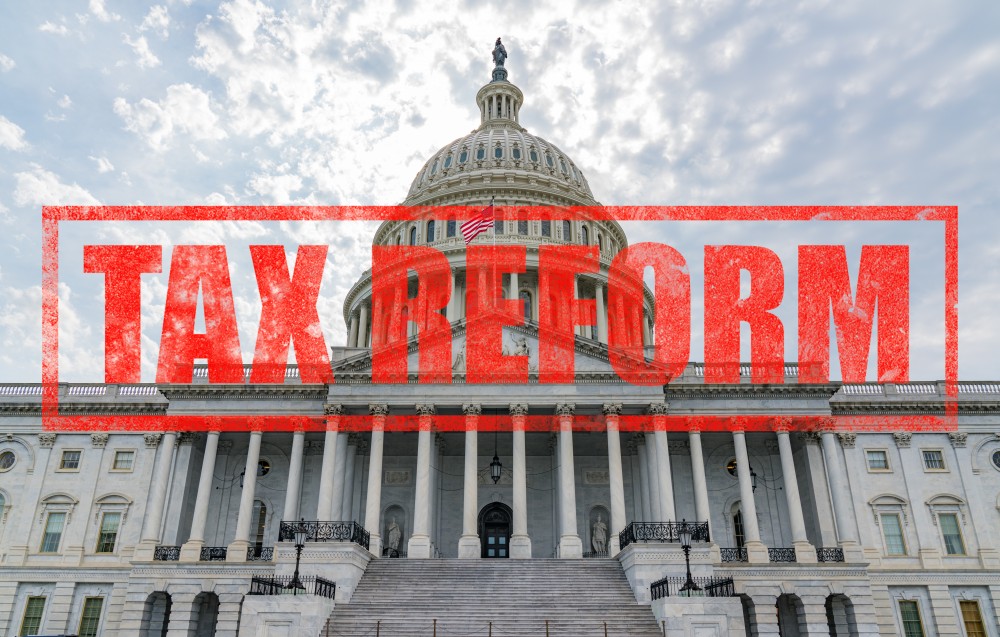
Illinois residents and all Americans will benefit from key items championed by U.S. Rep. Randy Hultgren (R-IL) that were included in the landmark Tax Cuts and Jobs Act, H.R. 1, signed into law by President Donald Trump on Dec. 22.
“I am thrilled the final version of the tax reform legislation included three Illinois victories for which I fought: provisions from my bill, the Bring Small Businesses Back Tax Reform Act, the protection of local infrastructure projects through key financing tools and the maintaining of tuition waivers for graduate students,” Rep. Hultgren said in a Dec. 19 statement.
Specifically, the new U.S. tax law includes two parts of Hultgren’s Bring Small Businesses Back Tax Reform Act, H.R. 1425, which he introduced on March 8: an expanded version of his full expensing provision which will permit all businesses to immediately write off investments made in new equipment, and a simplification of accounting rules for businesses with gross receipts under $25 million.
The Tax Cuts and Jobs Act incentivizes Main Street job creators — the so-called pass-through companies — to grow their businesses and hire employees with a 20-percent deduction on qualified income, according to Hultgren. The new law also sets safeguards for distinguishing between pass-through business income and individual wage income, to ensure this tax relief goes to Main Street small businesses and not individuals trying to game the system.
“The engine of Illinois’ economy — our small businesses — will immediately benefit from a reduced tax burden and more flexible accounting rules,” Hultgren said.
In addition to adding positive provisions to the tax code, Hultgren also succeeded in defending and preserving two current breaks in the tax code which were proposed for removal in an earlier version of H.R. 1.
Hultgren, who is co-chairman of the bipartisan Congressional Municipal Finance Caucus, succeeded in protecting local infrastructure projects through key financing tools, such as tax-exempt private activity bonds and refunding bonds. He introduced two amendments to the tax reform package protecting such financing tools prior to the House passing it on Nov. 16.
Finally, Hultgren prevailed in his efforts to maintain income exclusion for graduate student tuition waivers, including for graduate students entering science, technology, engineering and mathematics (STEM) fields.
Earlier in December, the congressman urged congressional leaders to retain graduate student tuition waivers, joining in a letter signed by 30 other members of Congress. Hultgren called tuition waiver assistance “a vital tool for universities lowering the cost of advanced-STEM degrees.”
The new tax law maintains the graduate tuition waiver item so graduate students in a variety of fields are shielded from a large tax on their tuition costs at a time when they can least afford it, according to Hultgren, who is co-chairman of the STEM Education Caucus.
Rep. Hultgren also noted that the new tax law lowers individual tax rates, significantly increases the standard deduction, expands the child tax credit and offers a new credit for other non-child dependents.
“Illinois families will benefit from a doubling of the child tax credit. Illinois individuals will benefit from immediately lower tax rates and the doubling of the standard deduction, used by more than 70 percent of Americans,” he said.
Overall, the congressman added, Congress hasn’t reformed the U.S. Tax Code since 1986. The new law means that “everyone in Illinois and the 14th District will be able to take advantage of lower rates, easier tax-filing and national economic growth this tax reform package will deliver.”



